12 things we learned during the European and local elections
Millions of Brits cast a vote yesterday in the European and local elections. Most of the votes haven’t been counted yet, and in much of Europe the polls are still open. But there’s a great deal we have already learned about the electoral process from the past few weeks of campaigning and coverage, ranging from the perils of moving house to our prohibition on polling station selfies.
1. Percentage swing
In Dudley, 32% is bigger than 42%.
Always thought those made-up charts on election leaflets were funny but this from Dudley Tories is hilarious. pic.twitter.com/40mJ0EjxKo — Ian Austin (@IanAustinMP) May 11, 2014
2. Who should I vote for?
Voting advice websites, which match voters with parties based on their policy preference, can influence electoral choices. Find out more here and here.
3. Paper candidates
The UK’s major parties do voters a disservice by filling the European Parliament ballot papers with long lists of candidates, most of who have no hope of winning a seat. Find out more here. 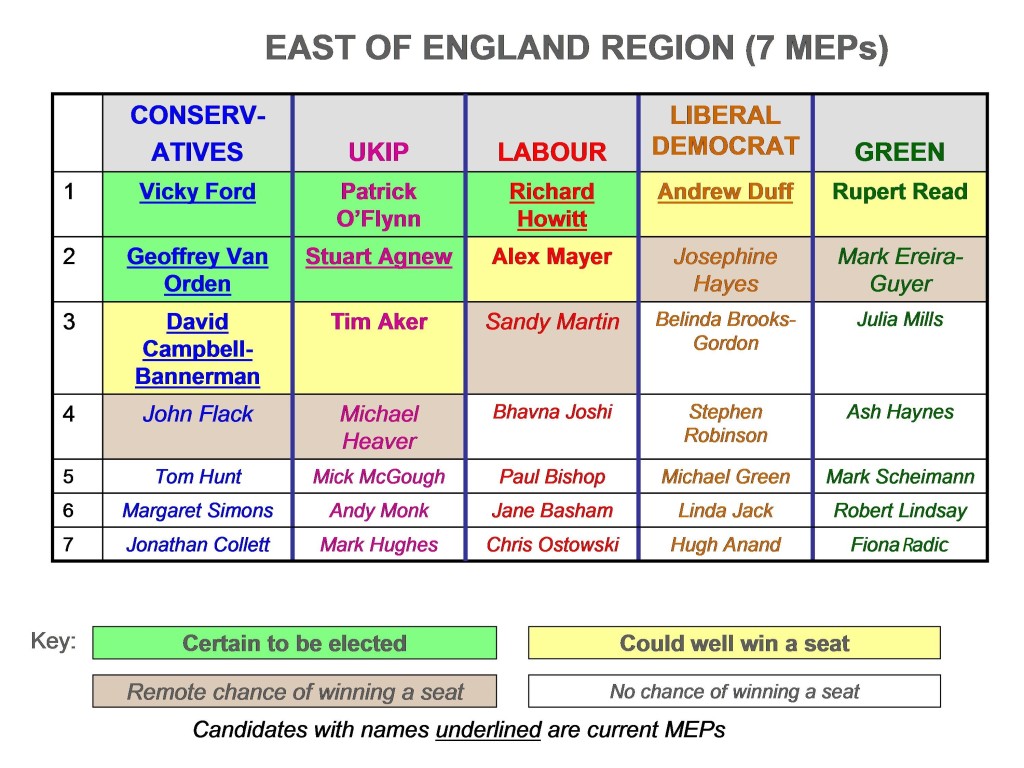
4. Don’t move
Up to 100,000 UK voters were effectively disenfranchised because they moved house (between local authority areas) shortly before election day. Find out more here.
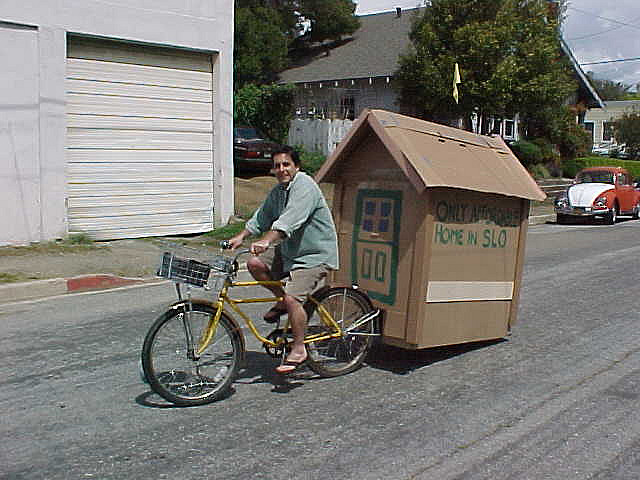
5. Get a grip
Rules for the live debate between candidates for the presidency of the European Commission included a stipulation that participants must shake hands at the end. Find out more here.
6. Independent minded
In the past 10 years, 1 in 3 MEPs elected for UKIP have either defected or been sacked by the party before the end of their term of office. Find out more here.
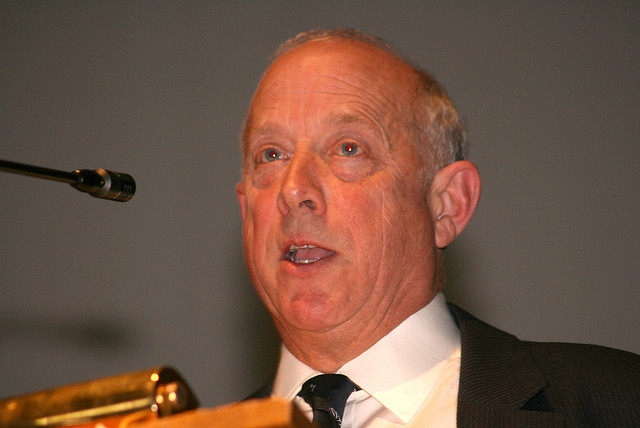
7. Vote for me, because there’s no-one else
In the local election there were just seven uncontested wards (where only one candidate was standing) – including three wards in Halton, Cheshire. Find out more here.
8. No photos
You are not allowed to take a selfie in a polling station. Find out more here.

9. The benefits of concurrence
Holding the European and local elections on the same day is likely to mean voter turnout is about 3% higher than it would have been otherwise. Find out more here.
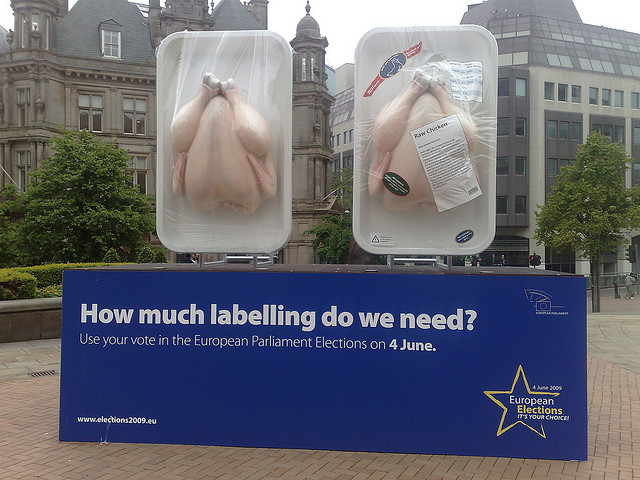
10. A for effort
The listing of of parties on ballot papers may favour those with names beginning with letters high in the alphabet, (such as ‘An Independence from Europe’, formed by a UKIP defector) – the Scottish government is currently consulting on proposals to change how ballot papers are ordered. Find out more here and here.
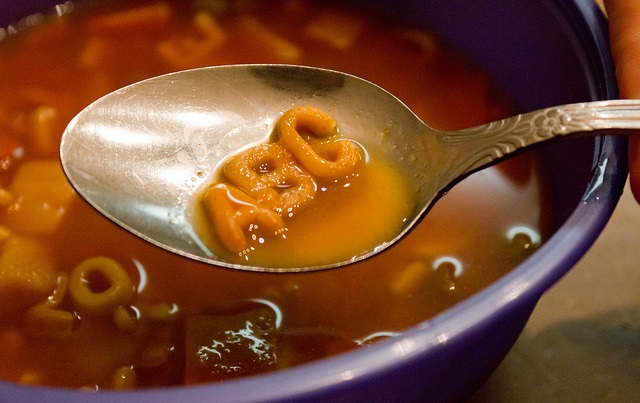
11. One party states
According to the Electoral Reform Society, 16 councils in England are at risk of becoming virtual ‘one party states’ after these elections, where a single party holds more than 75% of council seats. Find out more here.
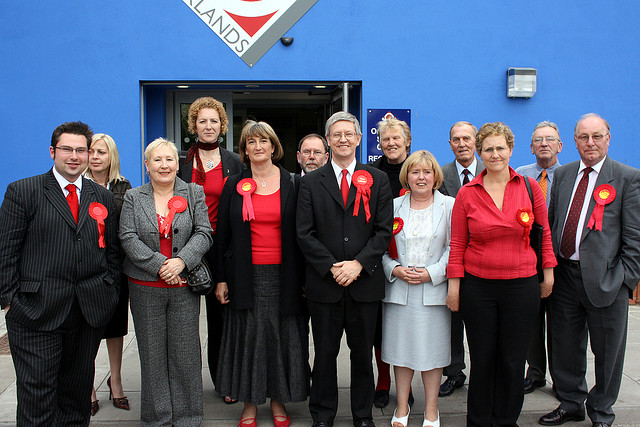
12. Victory for the EPP?
Based on the most recent polling, projections from Pollwatch indicate that the European People’s Party – a group to which no UK parties represented in Brussels are affiliated – will remain the largest political group in the European Parliament . Find out more here.
Note: This post represents the views of the author and does not give the position of LSE or Democratic Audit. Please read our comments policy before responding. Shortlink for this post: buff.ly/1lRCTRo
—
New image credits: Euro Realist Newsletter, CC BY-SA 2.0 (6); Hans Watson, CC BY-NC-SA 2.0 (10); James Alexander, CC BY-NC-ND 2.0 (11). Hand image via www.flazingo.com



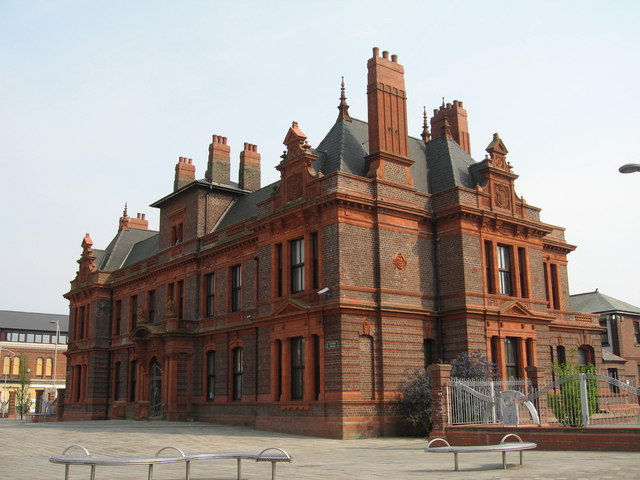
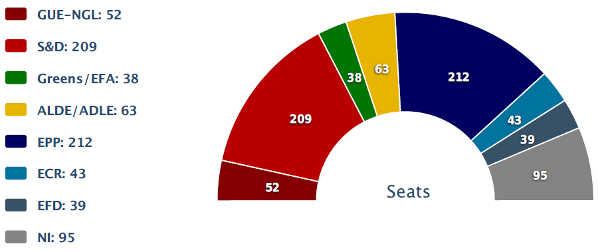




 Democratic Audit's core funding is provided by the Joseph Rowntree Charitable Trust. Additional funding is provided by the London School of Economics.
Democratic Audit's core funding is provided by the Joseph Rowntree Charitable Trust. Additional funding is provided by the London School of Economics.
Other than the results, what did we learn from the European elections campaign? https://t.co/6I48HzagXR
Today we learn the European Parliament results, but what have we learned already about the elections? https://t.co/u5i5aMVBTz
12 things we learned during Euro and local elections, #6: 1/3 UKIP MEPs leave the party before their term ends https://t.co/DE48nOQl3l
Robots might tell us how to vote one day, and 11 other things we learned during Euro and local elections https://t.co/chFhXb24jb via @wallmt
12 things we learned during the European and local elections https://t.co/HyjE4m4x8l
12 things we learned in these elections, #8 you can’t take a selfie in a polling station (or can you @GuidoFawkes?) https://t.co/QNMvDSq7gk
’12 things we learned during the European and local elections’ [Democratic Audit UK] https://t.co/5HboRfaCU4
Some councils are becoming one party states… and 11 other things we learned during these elections https://t.co/vPWPMPtLHr via @ERSvotes
We learned a lot from these elections even before a vote was cast – here’s 12 of the best insights @gdnpoliticslive https://t.co/MUalxb8cz7
While waiting for results to come in, take a look back at key things we learned in these elections https://t.co/JZ1nWvmRmW @AndrewSparrow
12 things we learned during the European and local elections https://t.co/WEXdaBWXou #properlyentertaining
12 things we learned during Euro and local elections #1: on election leaflets 32% is bigger than 42% https://t.co/ScLD2d8M6q via @IanAustinMP
RT @democraticaudit 12 things we learned during the European and local elections https://t.co/fHisxacfi8
12 things we learned during the European and local elections https://t.co/KnVfQ9Bvtx